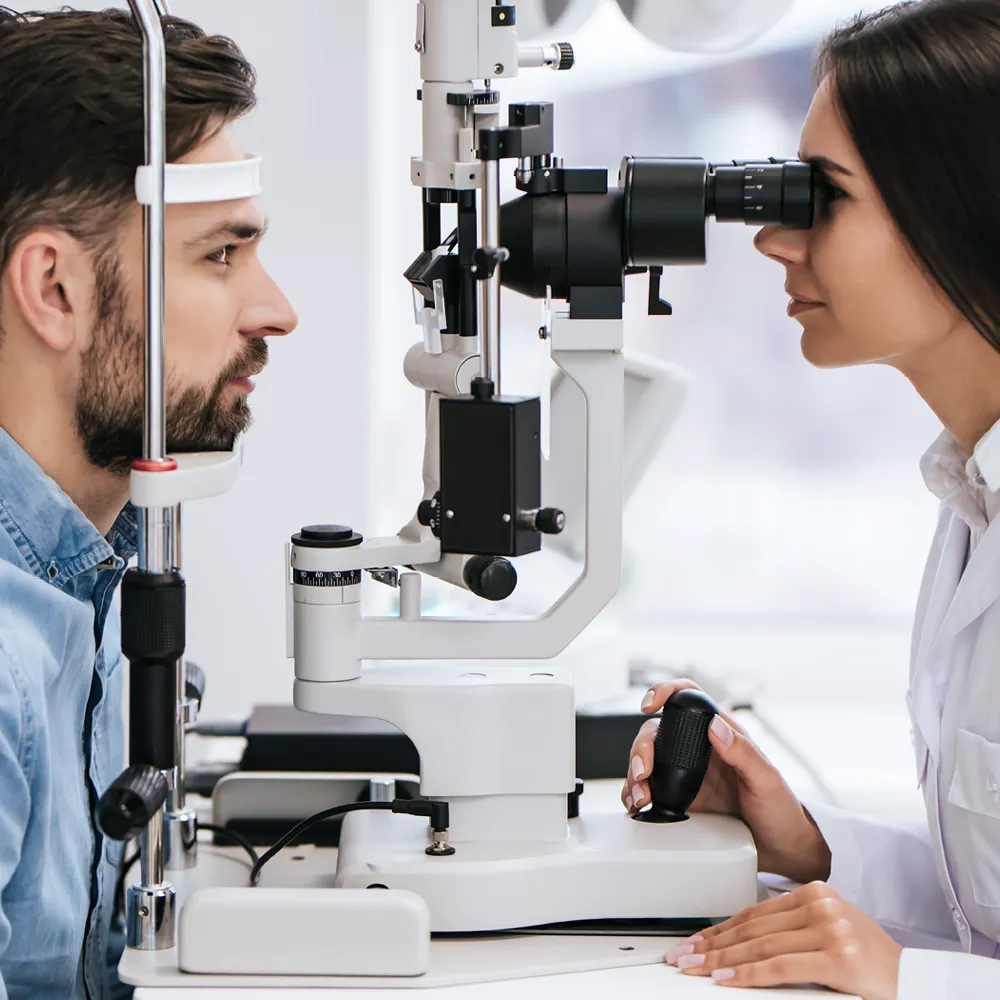
Affinity Eye Care
Our board-certified eye doctors provide the highest quality of care performing everything from routine eye exams to diagnosing, treating, and managing eye diseases.
Find an Eye Doctor Near You
About Affinity Eye Care
Established in 2009, our eye care clinic specializes in caring for all your vision needs. We handle everything from eye exams and hard-to-fit contact lenses, to computer vision problems, and specialty lenses. By staying current with the latest developments in eye care, prescription lenses and advances in contact lens technology, our vision center can provide you with the best vision, advice and fit today—and in the years to come. We take pride in building lasting relationships with our patients, which is why we take the time to get to know you, your vision requirements and your lifestyle needs. Contact our eye care clinic today to find out how we can help.

Find an Eye Doctor Near You
At Affinity Eye Care we believe in using the latest technologies to aid us in doing everything comprehensively—right down to your basic eye exam.

